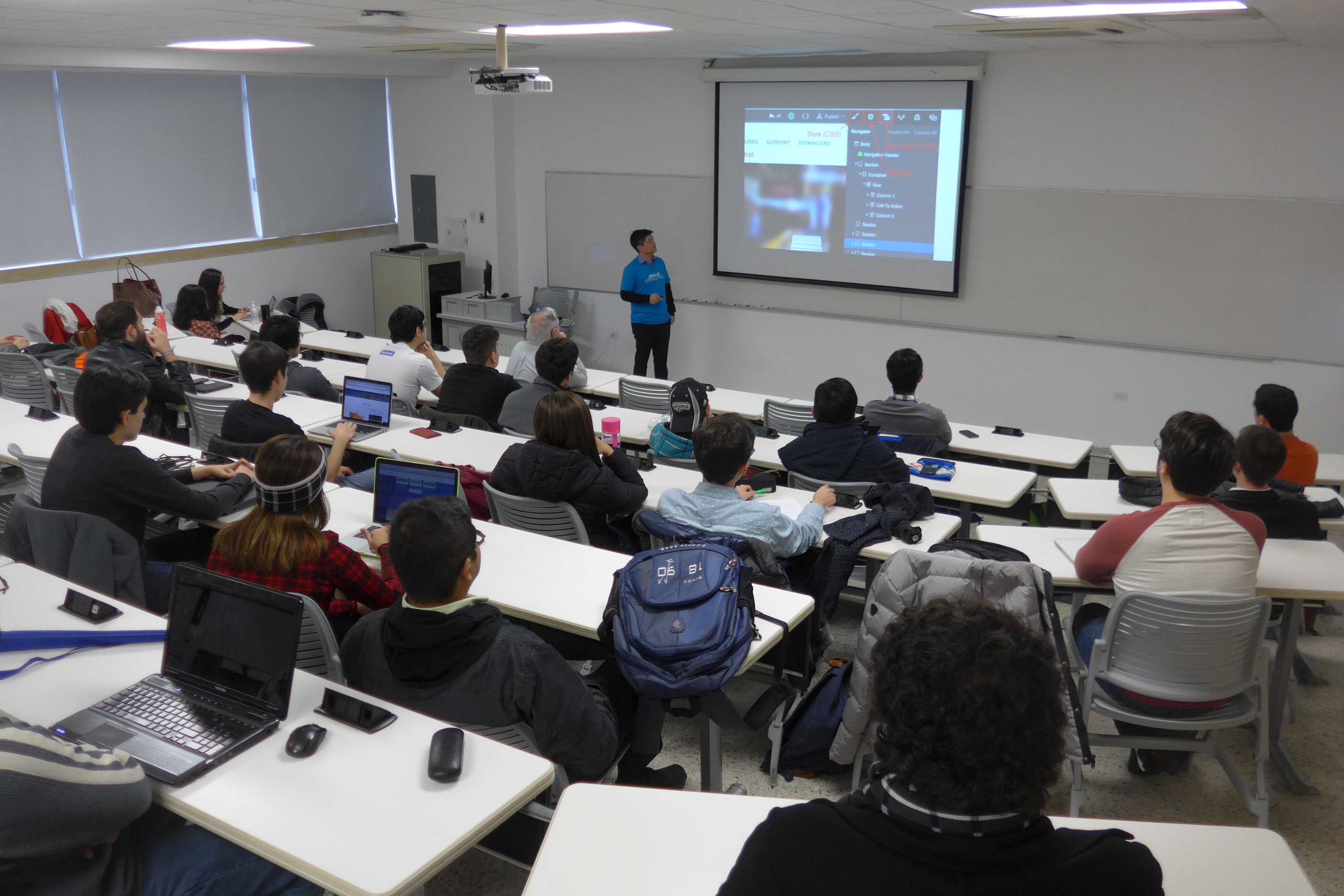“Fullstack engineers possess the superpower to shape the entire user experience, from pixels to database queries, creating seamless digital solutions that leave a lasting impact.”
In today’s rapidly evolving tech landscape, the demand for versatile and skilled software engineers is higher than ever. While specializing in a specific development area has advantages, the role of a full-stack engineer has gained significant popularity. Fullstack engineers possess a unique combination of frontend and backend development skills, making them an invaluable asset to any organization. In this article, we will explore five compelling reasons why you should consider becoming a full-stack engineer and how this career path can open doors to exciting opportunities in the world of software development.
Versatility
One of the key reasons to embrace a full-stack engineering career is the versatility it offers. As a full-stack engineer, you have a diverse skill set, proficient in both frontend and backend development. This versatility allows you to take on a wide range of projects and significantly contribute to various stages of the development process. Whether crafting intuitive user interfaces or building robust server logic, you have the flexibility to handle multiple aspects of software development.
End-to-End Ownership
Fullstack engineers have the unique advantage of being involved in the entire software development lifecycle. From conceptualization and design to implementation and deployment, you have the opportunity to take ownership of projects from start to finish. This end-to-end involvement ensures a cohesive and seamless user experience, as you can effectively bridge the gap between the frontend and backend components of an application.
Increased Employability
In today’s competitive job market, employers are seeking professionals who can wear multiple hats. Being a full-stack engineer not only makes you adaptable but also enhances your employability. With a comprehensive skill set, you become a valuable asset to organizations looking for individuals capable of handling different aspects of development. Your ability to contribute to both front-end and back-end projects sets you apart and increases your chances of securing exciting job opportunities.
Problem-Solving
Full-stack engineers often face complex challenges that require a holistic understanding of software development. By tackling both frontend and backend aspects, you develop strong problem-solving skills. You become adept at troubleshooting and overcoming obstacles efficiently. This ability to address issues across the entire development stack allows you to deliver robust and reliable solutions to intricate problems.
Career Growth
Full-stack engineering opens up abundant opportunities for career growth. With a comprehensive skill set, you can explore various roles, such as technical lead or solution architect. The versatility you possess enables you to adapt to emerging trends and technologies, ensuring long-term professional development. Moreover, as companies adopt agile methodologies, the demand for professionals who can handle multiple responsibilities continues to rise, making full-stack engineers highly sought after in the industry.
Conclusion
Becoming a full-stack engineer offers a host of advantages, including versatility, end-to-end ownership, increased employability, strong problem-solving abilities, and ample opportunities for career growth. As the tech landscape continues to evolve, the demand for professionals who can navigate both frontend and backend development will only increase. Embracing the full-stack engineering role equips you to thrive in the dynamic field of software development and positions you for success in the ever-changing world of technology.


